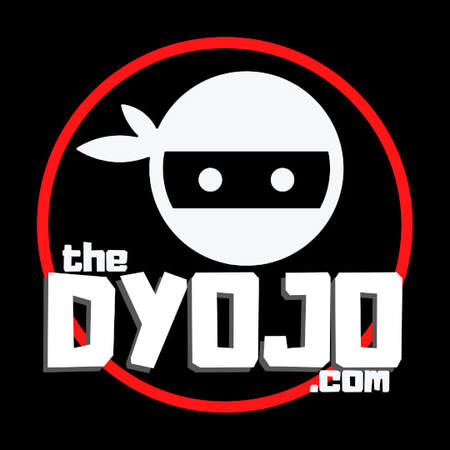|
The water damage response and repair industry has emerged into the consumer discourse. But how many property restoration contractors are aware of the rich history of innovation and collaboration that have laid the groundwork their livelihood? In this episode we take a field trip into the past with Ron "Alfie" Alford and complete our recap of RIA 2024 with Ed Cross. In Episode 118 of The DYOJO Podcast 0:00 The 5th Water Damage Air Mover Made 12:49 Robust Conversations with Xactimate 18:16 History and Headway with the AGA 28:00 Becoming a Class A Contractor with Ron Alford References and guest appearances for this episode include: Sgt Ed from Restoration Crosscheck, video from Ron Alford, Cliff Zlotnik, Jim Thompson, Mark Springer, Katie Smith, excerpts from Ron Alford's book How To Win The Insurance Claim Game (available on Amazon), prior episodes of The DYOJO Podcast. The DYOJO Podcast for Contractors
New episodes are released on Thursdays at 12:01am PST
0 Comments
We recap some of the highlights from the Restoration Industry Association (RIA) Convention and Expo with our friend Ed Cross. Items of interest for property restoration contractors include an apology from the stage by Xactimate/Verisk and a face the advocate with four TPAs from the insurance claims ecosystem; Contractor Connection, Alacrity, Sedgewick, and Westhill. In Episode 117 of The DYOJO Podcast 0:00 Sgt Ed Cross 2:23 Recap of Episode 116 3:20 Waste Diversion Tracking 4:31 Insurance Denied by Drone 6:09 New Position Statements from RIA 9:46 Xactimate Apologizes to Restorers 16:32 Weaponizing Xactimate 24:28 RIA 2024 Highlights Clips were used in this Episode from
* InsurTech Trends, Integrations, Pricing, & More - C&R Magazine / Restoration Today Michelle Belvins interviews Aaron Brunko - https://www.youtube.com/watch?v=7E0Ja... * Restoration Invoice: PAID - Restoration CrossCheck (Sgt Ed video) - https://www.youtube.com/watch?v=PVSUe... QUESTIONS: Are there restoration contractors in Rhode Island or South Dakota? Read the article in C&R Magazine Watch the recap video on The DYOJO YouTube We know customer’s aren’t always right. Yet, how come in insurance claims, property restoration, and construction projects we perpetuate this mantra of, “Do right by the customer”? In Episode 116 of The DYOJO Podcast we will review whether this mindset leads to the positive project outcomes that all parties are looking for. In Episode 116 of The DYOJO Podcast 0:00 The customer isn't always right 1:32 Restoration contractor convention 2:45 Do right by the customer - construction scope of work 8:18 Making the impossible possible 13:40 Do right by the customer - insurance scope of work 16:51 Who knows the most 19:39 Thinking differently about the project management role 21:22 Construction cost disputes Clips were used in this Episode from * The RIA Martin L King Award introduction video * Scott Seiss Comedy * Due South Inspections / Due South Brad * 100 TDP Matching Materials for Insurance Claims * Let The Structure Speak by Jon Isaacson (C&R Magazine) LAST EPISODE TDP 115 Property Restoration and Insurance Claim Contractors Convention NEXT EPISODE Join us as we discuss hard construction lessons learned from a failed nuclear power plant in Elma, Washington. AND we will discuss some unique perspectives on recruiting, hiring, and developing professionals for the construction project management role. Thursdays are for The DYOJO Podcast - helping contractors shorten their DANG learning curve. Join host Jon Isaacson as we explore contractor stories, experiences, and best practices to help listeners thrive in the skilled trades.
MUSIC Theme - It's Only Worth It If You Work For It by NEFFEX Cool Revenge - Jeremy Blake In this episode of The DYOJO Podcast we share tips for making the most of the Restoration Industry Association (RIA) annual convention and expo. This year it will be in Dallas, Texas, April 8 - 10, 2024. Watch and listen for several Passport Stops that will help you elevate your mindsets and habits as a contractor specializing with insurance claims and disaster recovery In Episode 115 of The DYOJO Podcast 0:00 Industry Issues & Drama 4:48 Passport #1 9:57 Passport #3 14:07 The DYOJO Audiobooks 16:37 Passport #4 19:12 Passport #5 20:57 Passport #6 23:34 Passport #8 26:20 Property Restoration History 31:53 Passport #11 Clips were used in this Episode from * The RIA Martin L King Award introduction video * Several prior episodes of The DYOJO Podcast Articles Cited Include * A Brief Walk Through RIA History by Michelle Blevins (R&R Magazine) * Founding Fathers of Restoration by Pete Consigli (RIA Website, C&R Magazine) * Restoration’s History and the Modern Restorer by Jon Isaacson and Pete Consigli (Cleanfax Magazine) LAST EPISODE TDP 114 No One Wants to Work NEXT EPISODE Join us as we discuss hard construction lessons learned from a failed nuclear power plant in Elma, Washington Thursdays are for The DYOJO Podcast - helping contractors shorten their DANG learning curve. Join host Jon Isaacson as we explore contractor stories, experiences, and best practices to help listeners thrive in the skilled trades.
MUSIC Theme - It's Only Worth It If You Work For It by NEFFEX This week on The DYOJO Podcast we share some more property restoration history. If you listen to IAQ Radio on Fridays, you know that Cliff Zlotnik always opens the show with a question. Joe Hughes and the Z Man are the OG's of property restoration podcasting. They were podcasting before that was even an option, broadcasting live in the 2000's over internet radio.
We speak to this restoration founding father's sons and several others about these historic contributions that birthed the water damage mitigation industry. Cliff Zlotnik shared, "His invention of the air mover was probably the most significant invention for our industry. It was a brilliant idea. It was simple. And do you know what's even crazier? His idea to put it underneath the carpet and float the carpet." Is your position defensible or are you just being defensive? Our guest Brendon Rumsey, Rumsey Construction & Restoration (South Carolina) joins us to discuss some of his experiences with getting into property restoration (insurance claims), collaborating with local contractors, and learning to defend your pathway to profitability as a contractor. IN THIS EPISODE: 0:00 An odd way to start 2:23 A rooftop confrontation with State Farm 12:18 From rooftops to water damage mitigation 16:47 Water damage symposium in Washington 18:21 On the verge of bankruptcy 23:31 Connecting locally with national resources #contractor #insurance #claims #podcast |
Words
The DYOJO - helping contractors shorten Archives
June 2024
Categories
All
EstimatingMarketingInsurance ClaimsLeadership |
|
| |||||||


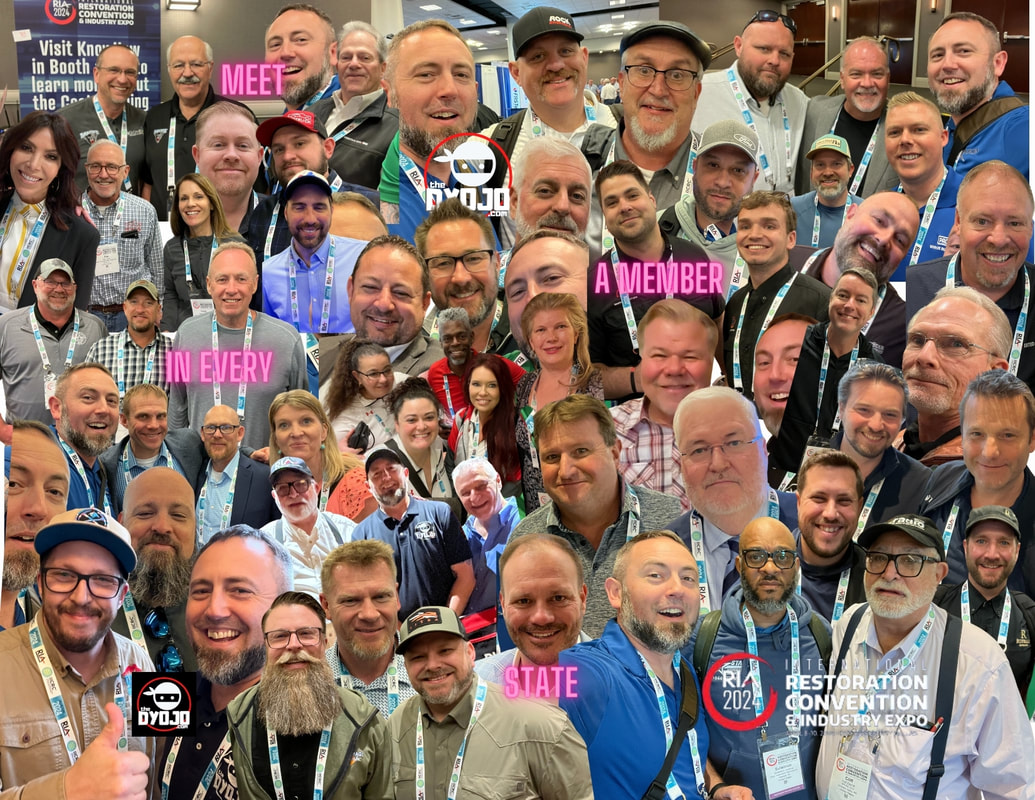
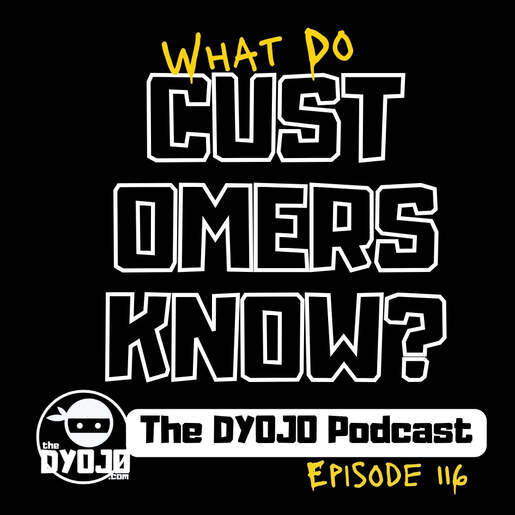
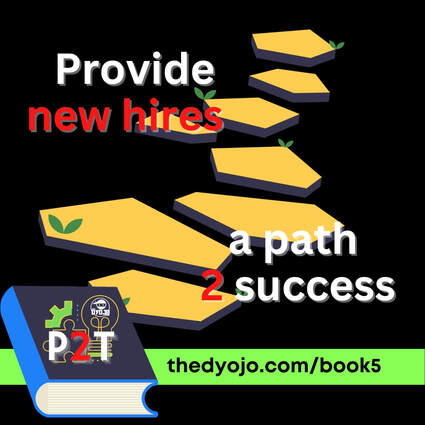
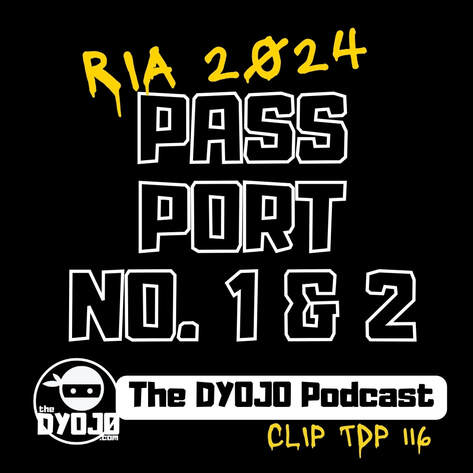

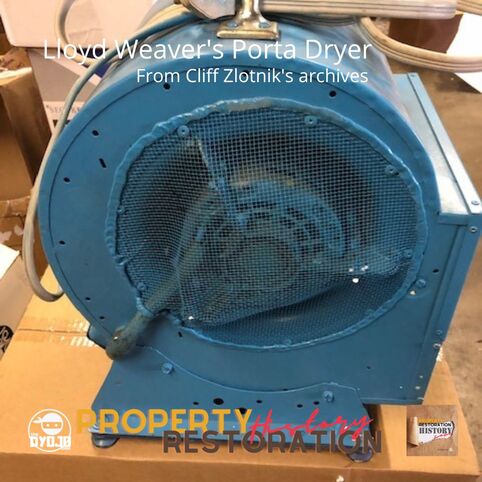

 RSS Feed
RSS Feed
